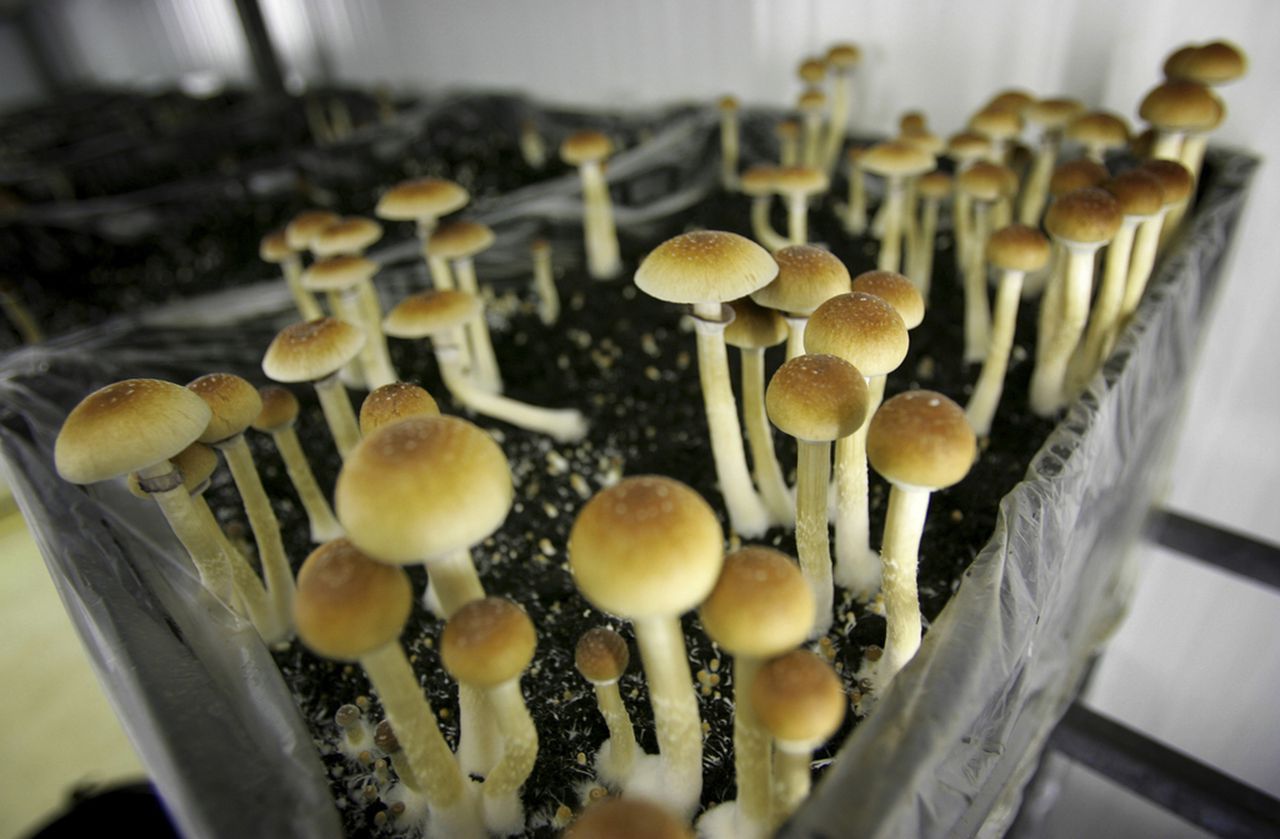Alabama university studying if miscrodosing fights feelings of hopelessness
Researchers at the University of Alabama at Birmingham are launching a study of low-dose psychedelics as a treatment for demoralization in collaboration with a pharmaceutical company, according to a press release.
Diamond Therapeutics is a drug company based in Canada that is trying to develop treatments for mental health disorders using psychedelic compounds. The UAB trial will study the effects of psilocybin, a hallucinogenic chemical derived from magic mushrooms. Diamond Therapeutics has already completed a phase one trial of low-dose psilocybin that established its safety.
The phase two trial at UAB will explore whether the drug can help those suffering from demoralization, which is defined as feeling helpless, hopeless or lacking purpose. Principal investigator Peter Hendricks, a professor in the UAB School of Public Health, said other studies have shown that larger doses of psychedelics can help people with late-stage cancer and HIV who suffer from demoralization.
“This study aims to see if lower doses of psilocybin might treat demoralization in a broader population, that is, among those who might be experiencing demoralization for a variety of reasons, not just due to a medical condition,” Hendricks said in the press release.
Researchers and drug companies have increased their interest in psychedelics as a mental health treatment in recent years as investors have flocked to the field. Oregon and Colorado have legalized the therapeutic use of psilocybin and similar ballot measures have appeared in other states.
Psychedelics have become more popular in tech and creative circles. Celebrities such as comedian Chelsea Handler and NFL quarterback Aaron Rodgers have touted the benefits of psilocybin. Even some parents have organized groups praising the benefits of low-dose psychedelics.
However, efforts to measure the effects of psychedelics on mental health and mood have been disappointing, according to an article in the journal Nature. Several studies that compared the effects of low dose psychedelics to placebos found no differences, according to the article.
The UAB study will enroll about 60 people for five weeks. Some participants will receive low-dose psilocybin and others will get placebos, but neither group will know which treatment they received. More information can be found at www.clinicaltrials.gov.
Hendricks is an expert on substance abuse treatment and prevention. He has led several studies involving psychedelics, including one that examined psilocybin as a treatment for cocaine addiction. Other areas of research include chronic pain and opioid use disorders.
“Dr. Hendricks is an internationally renowned researcher,” said Judith Blumstock, chief executive officer of Diamond Therapeutics. “This trial is a key milestone in Diamond’s pursuit of low-dose, sub-perceptual, psychedelic-derived medicines that are safer and more effective for patients than the current first-line treatments.”
